VGHW Excerpt: Jordan Minor runs down gaming greats in "Video Game of the Year"
Welcome to Video Game History Week! In honour of the first anniversary of my book Fight, Magic, Items: The History of Final Fantasy, Dragon Quest, and the Rise of Japanese RPGs in the West, Astrolabe is celebrating video game history with a plethora of stories, features, lists, and interviews about video games, the people who make them, and the people who write about them.
Fight, Magic, Items is on sale! Use the code “LEVELUP” at checkout to get 20% off a physical copy through the Running Press website!
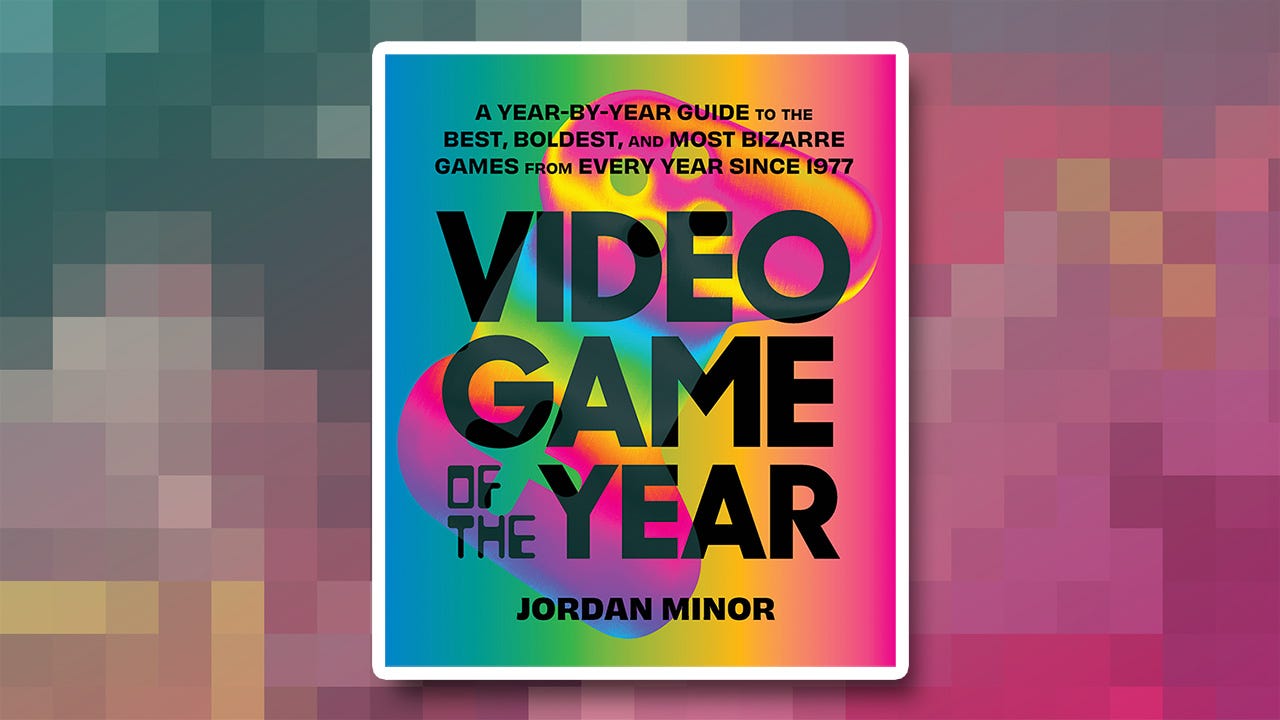
Jordan Minor on why video game history is vital: “Billions of people may never have the chance to play the greatest games ever made ever again.”
I love writing and I love video games. I’ve wanted to write about video games ever since I knew that was a thing a person could do. That drive has pushed me into a very weird career, a weird life, that I wouldn’t trade for anything. It’s as exciting as it is inevitable that my first book, Video Game of the Year: A Year-by-Year Guide to the Best, Boldest, and Most Bizarre Games from Every Year Since 1977, is a sprawling video game history book.
But while these two passions are joined at the hip, writing about video games offers its own pleasures you won’t find by simply playing them. Game writing is a chance to organize and articulate ideas and opinions you can’t help but formulate while pressing buttons and gazing at screens. Putting words to why you like or dislike a game intensifies those feelings. At their best, video games immerse you. At its best, the writing process makes you more aware and appreciative.
Awareness and appreciation is something the games industry could use more of these days. Too many factors, from uncaring players to greedy executives to technological limits, are combining to ensure that decades of video game history evaporate before our very eyes. This means that writing about video game history isn’t only fun, it’s downright essential. In the future, billions of people may never have the chance to play the greatest games ever made ever again. But at least we can try to communicate through enduring text what makes this interactive medium so special. Sharing this collected knowledge of the past becomes a radical act of art preservation.
Video Game of the Year tracks nearly 50 years of video game history with picks from me and other writers for the most significant games of each year. And yes, I expect and welcome plenty of arguments about the choices. But what really matters is that we continue to discuss gaming history, on websites and podcasts and magazines and books. Because if we don’t, nobody else will.
Excerpt from Video Game of the Year by Jordan Minor
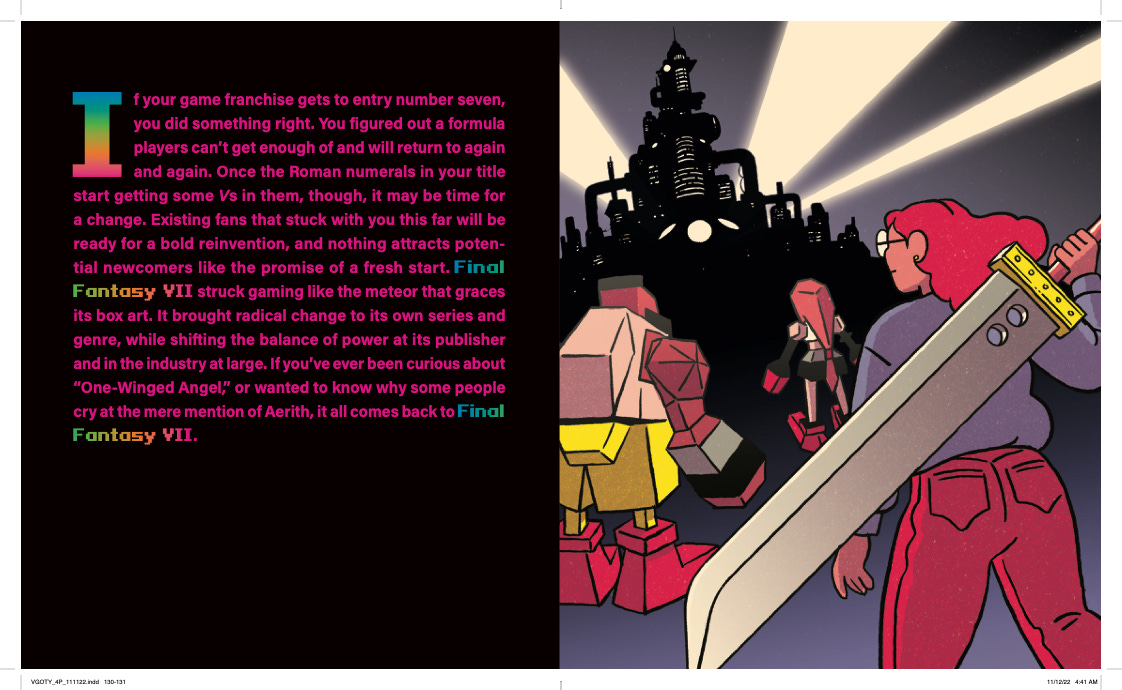
Final Fantasy VII
If your game franchise gets to entry number seven, you did something right. You figured out a formula players can’t get enough of and will return to again and again. Once the Roman numerals in your title start getting some Vs in them, though, it may be time for a change. Existing fans that stuck with you this far will be ready for a bold reinvention, and nothing attracts potential newcomers like the promise of a fresh start. Final Fantasy VII struck gaming like the meteor that graces its box art. It brought radical change to its own series and genre, while shifting the balance of power at its publisher and in the industry at large. If you’ve ever been curious about “One-Winged Angel,” or wanted to know why some people cry at the mere mention of Aerith, it all comes back to Final Fantasy VII.

System Shock 2
From partying in 1999 to crossing into the year 2000, the new millennium excited everyone. It sounded like a leap forward into the future prior generations could only dream about. Or maybe it would all end. Y2K also scared people who didn’t understand how computers actually worked into believing a few coding oversights could cause civilization to collapse. Considering how increasingly entrenched computers have become in our lives, we’re still not out of the woods yet. In System Shock 2, a technological apocalypse actually comes to pass. An evil artificial intelligence threatens to wreak more havoc on humanity than even the wildest Y2K doomsday nightmare. System Shock 2 did more than just predict the future, though. It established an entire school of video game design so forward-thinking that today’s games still try to keep up.

Grand Theft Auto: Vice City
Shoot gangsters! Steal cars! Hire sex workers! No game courts nearly as much controversy as Grand Theft Auto. Parents hate it. Politicians from Hillary Clinton to Arnold Schwarzenegger have tried to ban it. Disbarred quack lawyer Jack Thompson made it the centerpiece of his crusade against gaming itself. No matter where you fall on the debate, GTA shocks you. However, shock value alone would not sustain the lasting, astronomical success GTA has enjoyed for two decades. GTA isn’t just popular and contentious; it’s a legitimately fantastic game franchise that revolutionized game design in ways that have nothing to do with its naughty content. For proof, look no further than the neon nightmare Grand Theft Auto: Vice City.

NBA Jam
Squash any dumb beef between nerds and jocks. Electronic entertainment and physical sports go together perfectly; they’re all just games. The most popular sports video games strive to re-create these real-world activities with as much technical accuracy as possible. Madden simulates football, FIFA simulates soccer, and NBA 2K simulates basketball. They feature real players, real leagues, and gameplay that converts human athleticism into button presses as realistically as it can. As all good sports dramas teach us, though, the joy of sports comes from our emotions more than our reality. The most memorable matches ensnare us, ratchet up the tension, threaten us with crushing defeats, and launch our victorious spirits through the roof. What if a sports game ignored realism in favor of making that feeling, that hype, as potent as possible for as many players as possible? That game, NBA Jam, would set the world on fire.
Excerpt from Jordan Minor's Video Game of the Year reprinted by permission of the author and Abrams Image.Video Game of the Year by Jordan Minor is available now from Abrams Image.
About Video Game of the Year by Jordan Minor

Video Game of the Year breaks down the 40-year history of the world’s most popular art form—one game at a time.
Pong. The Legend of Zelda. Final Fantasy VII. Rock Band. Fortnite. Animal Crossing: New Horizons. For each of the 40 years of video game history, there is a defining game, a game that captured the zeitgeist and left a legacy for all games that followed. Through a series of entertaining, informative, and opinionated critical essays, author and tech journalist Jordan Minor investigates, in chronological order, the most innovative, genre-bending, and earth-shattering games from 1977 through 2022.
Exploring development stories, critical reception, and legacy, Minor also looks at how gaming intersects with and eventually influences society at large while reveling in how uniquely and delightfully bizarre even the most famous games tend to be. From portly plumbers to armor-clad space marines and the speedy rodents in between, Video Game of the Year paints individual portraits that, as a whole, give readers a stronger appreciation for the vibrant variety and long-lasting impact of this fresh, exciting, and massively popular art form.
Illustrated throughout with retro-inspired imagery and featuring contributions from dozens of leading industry voices, including New York Times bestselling author Jason Schreier, Max Scoville, Rebekah Valentine, Blessing Adeoye Jr., and Devindra Hardawar, this year-by-year anthology is a loving reflection on the world’s most popular art form.
About Jordan Minor
Jordan Minor is an entertainment and technology journalist. For years he was senior editor at Geek.com, and he is currently an editor on the Apps and Gaming team at PCMag. He has also written freelance articles for multiple prominent gaming outlets, including Kotaku, The A.V. Club, Paste magazine, 148Apps, and The Escapist. He lives in New York City.
About Wren McDonald
Wren McDonald is a cartoonist and illustrator based in Brooklyn, NY. He grew up between Virginia, South Carolina and Florida and graduated from Ringling College of Art & Design with a BFA in illustration. He is the author of dystopian revenge story Cyber Realm and several other self published mini-comics. SP4RX is his first full-length graphic novel. He has done work for The New York Times, The New Yorker, GQ, The Hollywood Reporter, Vice and others. His work is influenced by manga, european comics, and 80s/90s action movies.
Support
There are lots of ways to support Astrolabe and my other work. Check ‘em out!
Keep In Touch
Enjoy Astrolabe? Want more SFF and retro gaming goodies? You can find me on Twitter and my website.
Credits
Astrolabe banner photo by Shot by Cerqueira on Unsplash

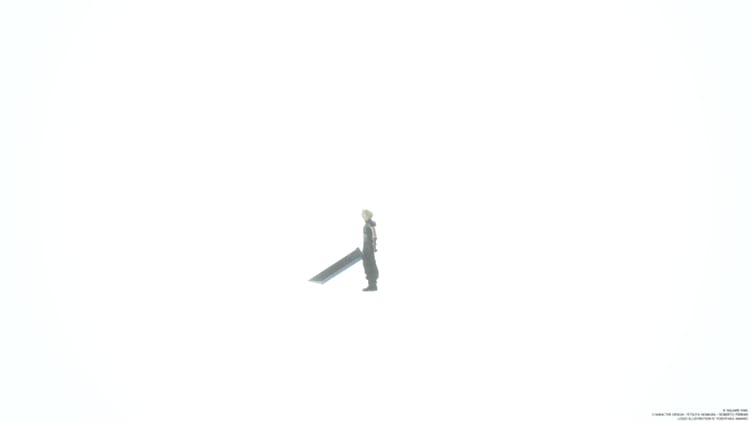

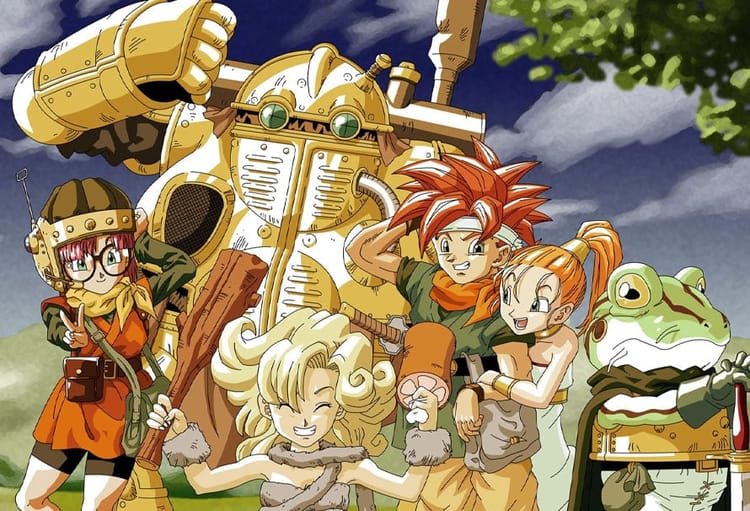
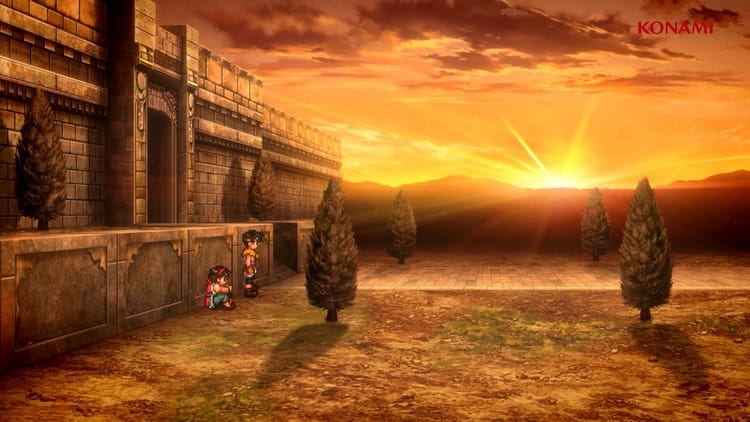
Member discussion